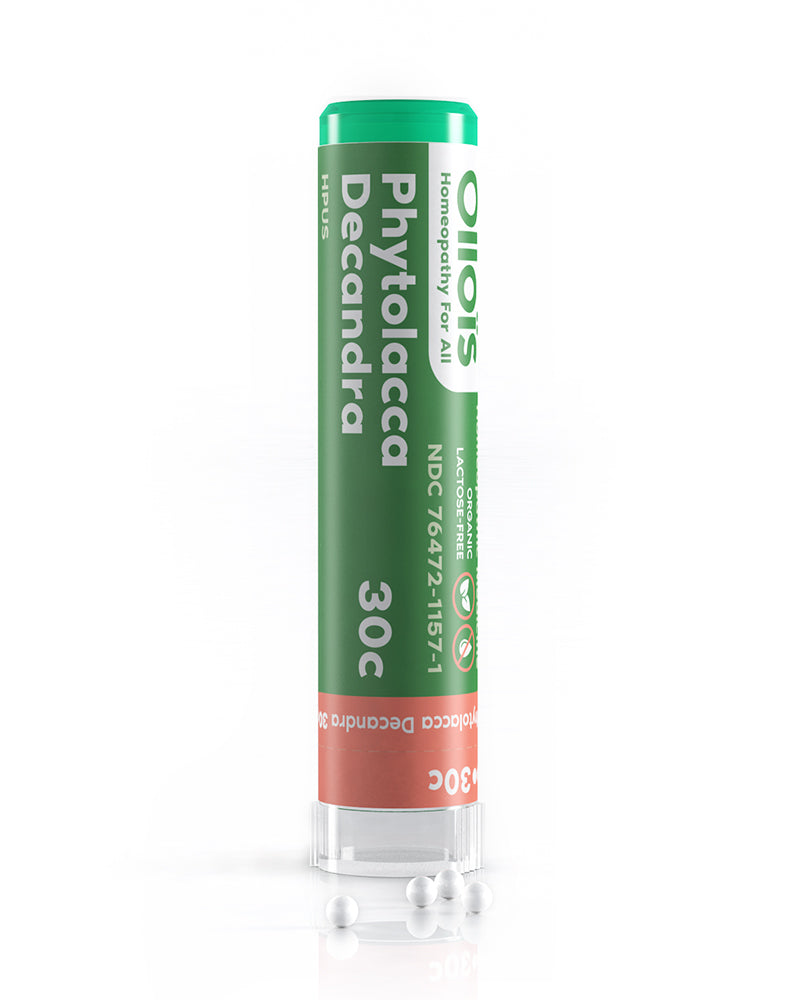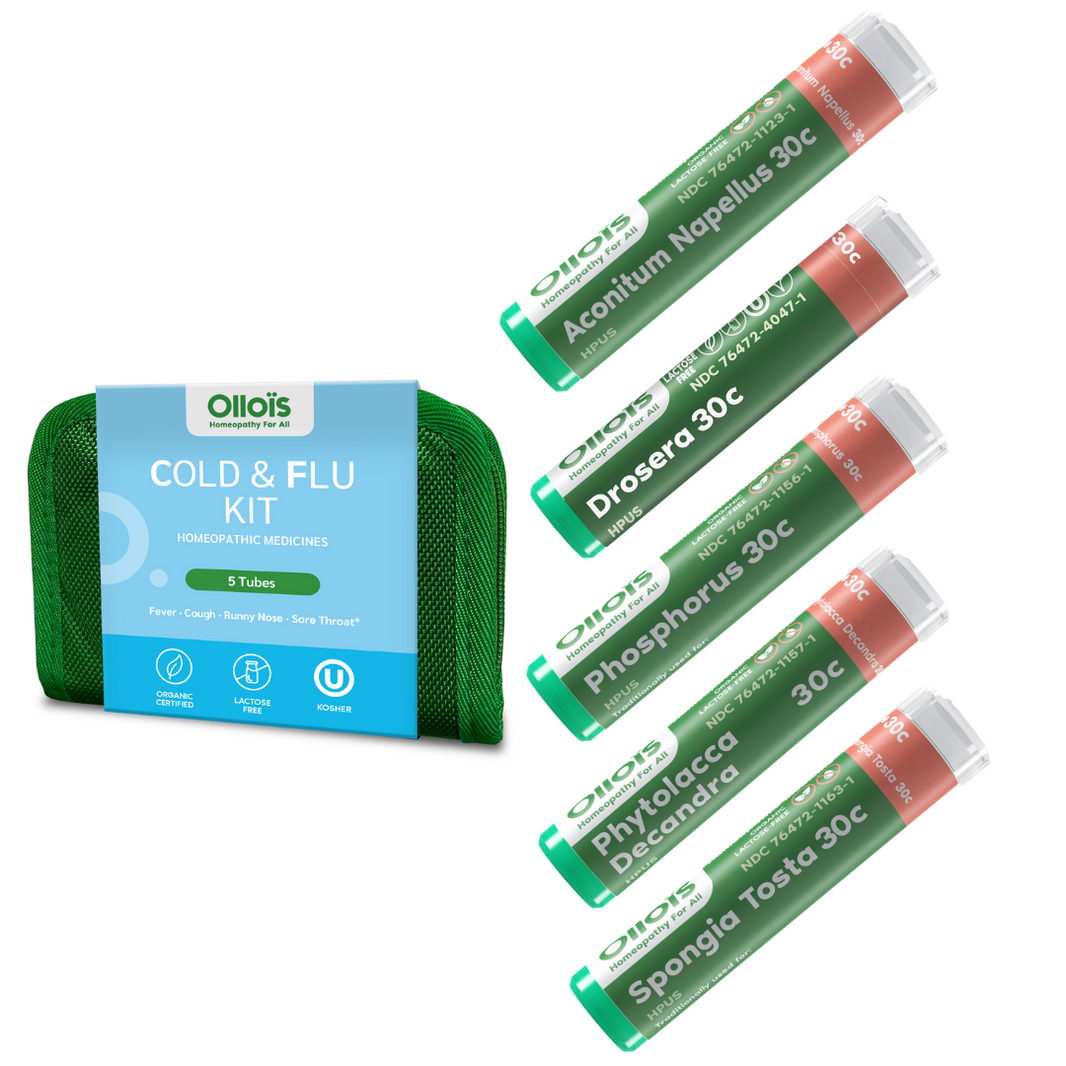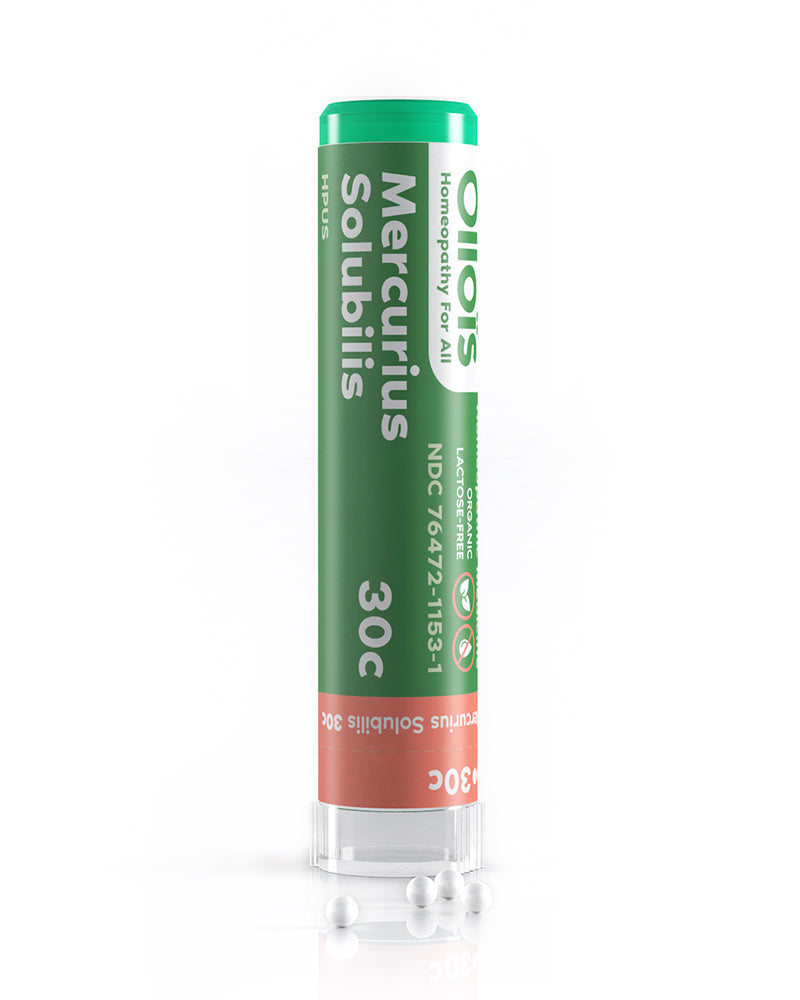Collection: Sore Throat
Phytolacca Decandra
Homeopathic Cold And Flu Kit
Mercurius Solubilis
A sore throat is often the first indicator of an oncoming cold or illness; but they can also be the result of dryness or an allergy. For a non-infectious sore throat, such as a cold, the mucous that drips from the back of the nose and down into the throat – referred to as post-nasal drip – can cause the throat to become irritated. An allergy can cause a similar effect. The congestion and stuffy noses caused by allergic reactions to dust, hay fever, other pollens and grasses, or even cat dander, can result in similar throat irritation.
A dry environment can also lead to a sore throat or amplify the effects of the issues that cause them. During the dry winter months, many people experience waking up in the morning with an irritated throat. Sleeping with the mouth open – during periods of nasal congestion – can often be a trigger, and the combination of dry air and being slightly dehydrated can cause the sensation of a raw throat in the morning.
Viral and bacterial infections can begin feeling quite similar. Discomfort can range from a minor tickling sensation or scratchy feeling to varying levels of pain – including pain when swallowing. While most sore throats aren’t serious, prolonged and intensifying pain should be checked out by a doctor. A swab can determine whether it’s Strep Mononucleosis or another viral infection that can be treated with antibiotics.
Dealing with a sore throat is, quite simply, uncomfortable. In most cases, though the sufferer may feel otherwise healthy, this discomfort can be a significant interruption to daily life. Simple activities like speaking and eating can be difficult. A homeopathy sore throat remedy, like Phytolaca-Decandra 30C, will help alleviate that raw, irritated feeling - enabling you to carry on comfortably. Learn more about our 100% organic lineup of homeopathic remedies today.
FAQ
What is Homeopathy?
Homeopathy is a medical practice based upon the body's ability to heal itself, and the principle that "like cures like" or the Law of Similars: that is, if a natural substance causes a symptom in a healthy person, a very small amount of the same substance may help relieve symptoms of the illness. Homeopathic medicines enhance the body's normal healing and self-regulatory process.
How do I take homeopathic medicines?
Homeopathic medicated pellets contain only a little of an active ingredient for treatment of disease. These are known as highly diluted or "potentiated" substances. Homeopathic medicines should be placed under the tongue of adults and children or in the cheek of an infant, where they will dissolve. It is preferable to take homeopathic medicines apart from meals. The dosage is not related to the weight and age of the patient. In general, dissolve 5 pellets 3 times a day until symptoms are relieved or as directed by your health Care Professional.
Is there evidence that Homeopathy works?
There are literally hundreds of high quality, published basic sciences, pre-clinical and clinical studies showing that homeopathy works. These studies have been published in respected journals like Lancet, Pediatrics, Rheumatology, and Annals of Internal Medicine, among others.
A great source of high quality research in homeopathy at an
international level is the Homeopathic Research Institute in the U.K. headed by physicist, Dr Alexander Tournier. Click below to learn more about their studies and rigorous methods.
Is Homeopathy regulated?
The U.S. Congress passed a law in 1938 declaring that homeopathic remedies are to be regulated by the U.S. Food and Drug Administration (FDA) in the same manner as nonprescription, over the counter (OTC) drugs.
Is Homeopathy new?
The Law of Similars has been known since at least the time of Hippocrates (ca. 400 B.C.), but it was doctor and chemist Samuel Hahnemann who fully stated the ideas of homeopathy in the early 1800's in Germany. He discovered the truth of the Law of Similars by testing small doses of medicine on himself. Although there is wider acceptance of homeopathy in countries such as France, Germany, Mexico, Argentina, India and Great Britain, we have seen a greater interest in homeopathic medicine in the USA recently. In fact, the family doctor to England's Queen Elizabeth is a homeopathic physician.
What is the difference between the dilutions?
30C dilutions are traditionally used in Homeopathy to address general and chronic symptoms.
200CK dilutions are usually recommended by healthcare practitioners when there is an emotional component associated with physical symptoms.
Which base ingredient do you use for your pellets?
Our pellets are made from Organic Beet Sucrose exclusively grown in Europe. We then impregnate the pellets with the homeopathic dilution of the remedy.
How to open our tubes?
Are Olloïs remedies HAS/FSA eligible?
Yes, Olloïs homeopathic remedies are eligible.

 Respiratory
Respiratory
 Stress & Sleep
Stress & Sleep


